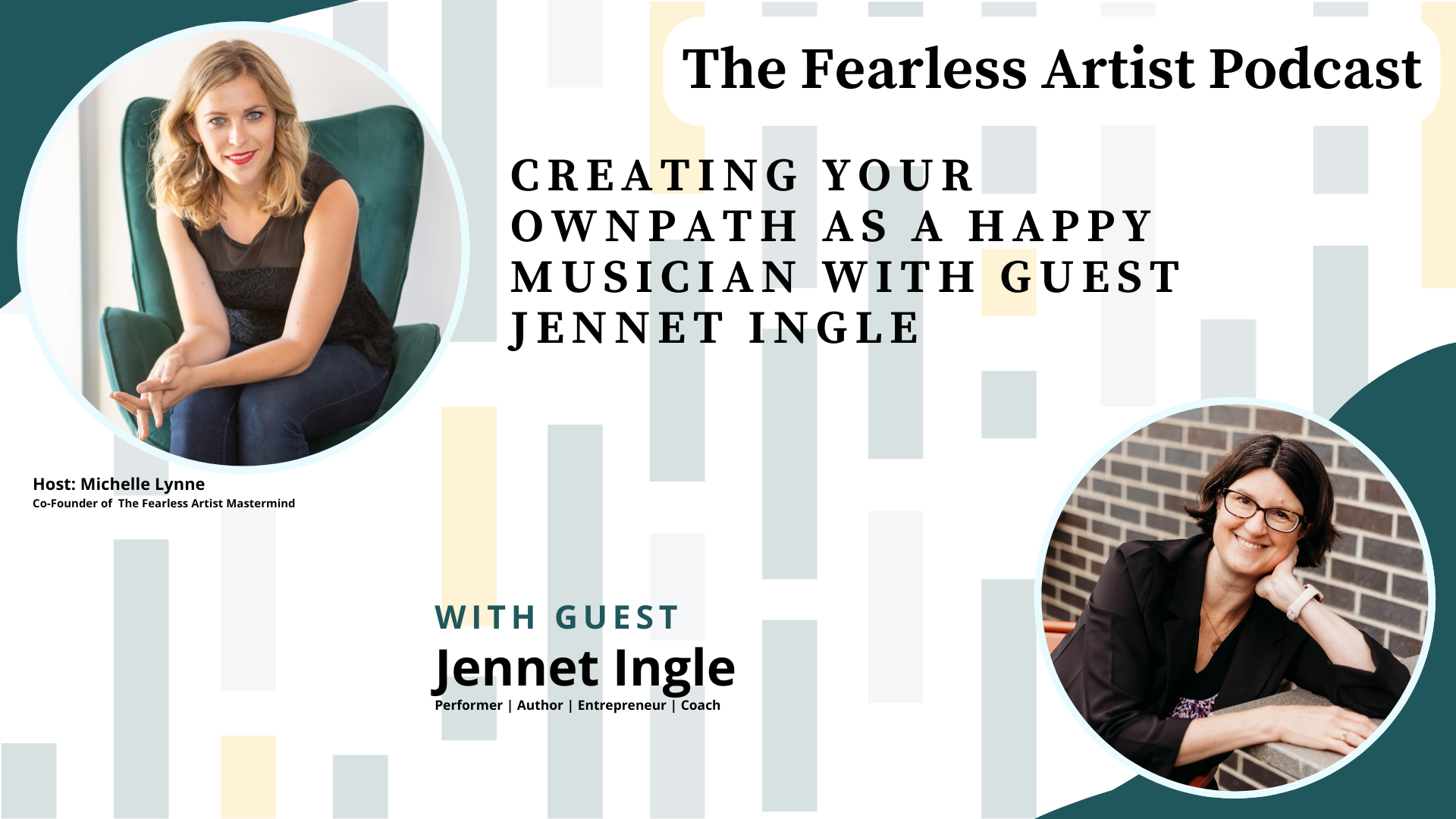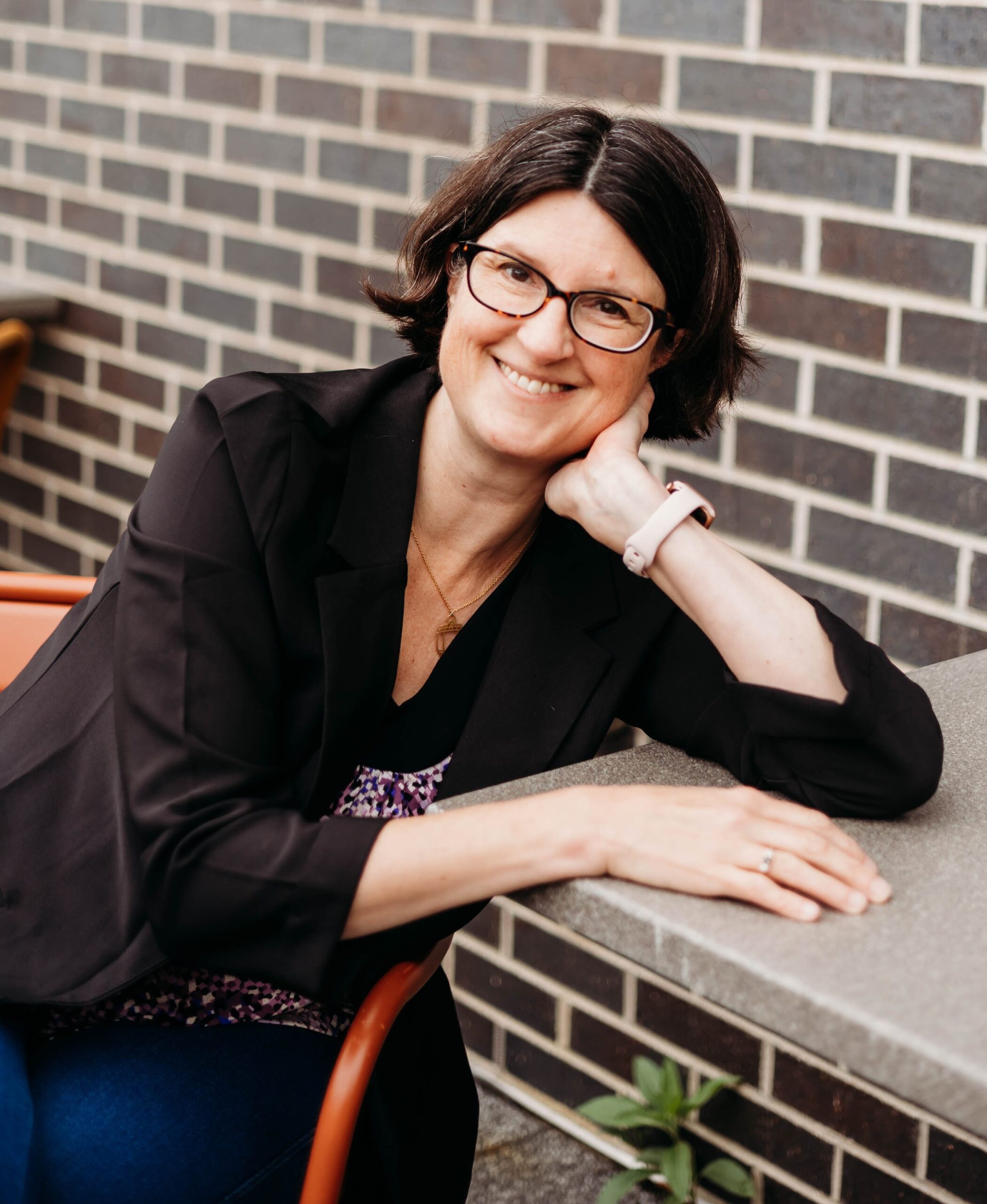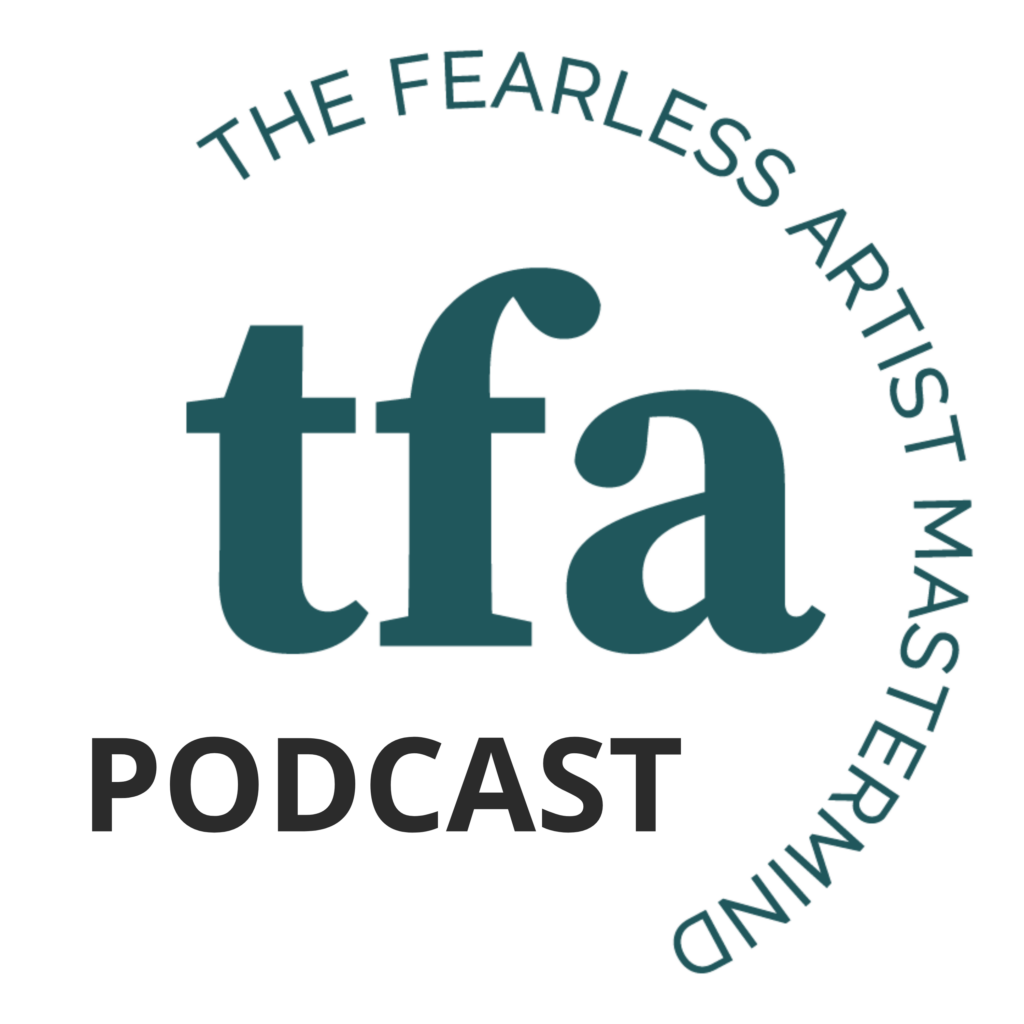Creating your ownpath as a happy musician with guest Jennet Ingle

Guest:
Jennet Ingle
Performer | Author | Entrepreneur | Coach
Jennet Ingle is Principal Oboist of the South Bend Symphony Orchestra. Jennet is a soloist at heart, joyfully taking over any stage that will have her.
As the owner and operator of Jennet Ingle Reeds, she makes and sells over two hundred handmade reeds every month, and helps oboists with their own reed-making through her YouTube series, The Five Minute Reedmaker, her weekly online Reed Club, and her beginner course, Zero to Reedmaker.
Jennet believes that everyone’s artistry matters. She has created numerous offerings for avocational oboists. Her Invincible Oboist FLOW community provides performance coaching, reedmaking support, and curriculum to an engaged and curious group of life-long learners!
She encourages all musicians to thrive in their creative careers with her podcast, Crushing Classical, her book, The Happiest Musician, and 1:1 business and mindset coaching.
—
Website: https://www.jennetingle.com
Instagram: https://www.instagram.com/jennetingle/
—

Subscribe to The Fearless Artist Podcast
Intro/Outro music by Michelle Lynne • Episode produced by phMediaStudio, LLC
